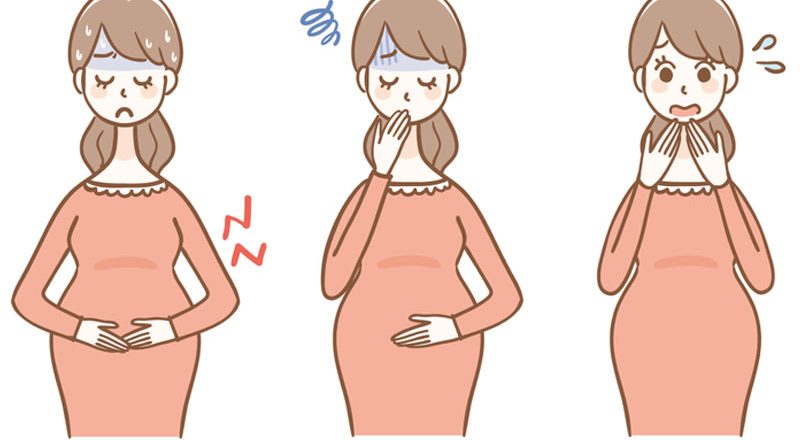Discomforts During Pregnancy, along with Bowel and Bladder, problems and other conditions, such as haemorrhoid formation, incontinence, constipation and frequent urination, are the most common during pregnancy. Therefore, both a healthy diet and regular exercise are essential during Pregnancy.
Here we will discuss each problem to see how normal it is during and how to prevent it.
Constipation
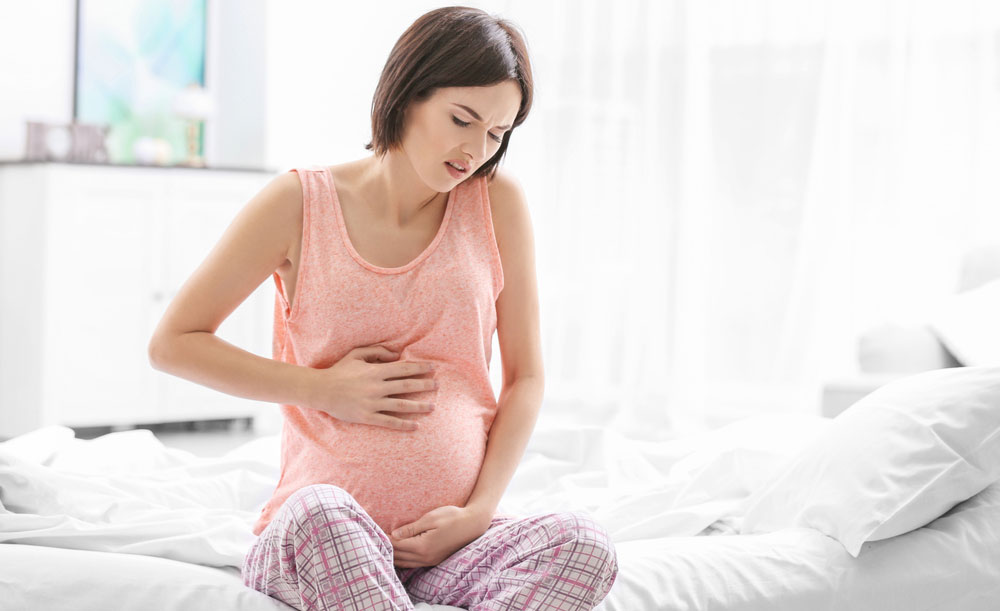
In your early pregnancy days, you will face difficulty in passing stool or feel Constipation. The hormonal changes during early pregnancy cause relaxation of the smooth muscles around the stomach. This slows down the passage of food to the intestines. As pregnancy progresses, the baby’s head also increases the pressure on the rectum.
Iron supplements can also lead to Constipation or worsen it.
Constipation can make the stool hard and lumpy.
You can control Constipation during pregnancy using the below methods.
- Exercising in the form of walking, swimming or yoga.
- Drinking plenty of water. A glass of fresh fruit juice daily is also beneficial.
- Decreasing the intake of iron supplements.
- Eating fibre-rich foods, fruits and vegetables.
- It would be best if you avoid laxative pills to manage constipation as they may cause dehydration.
The health care provider should be consulted if the above treatments fail to manage the condition.
Haemorrhoids
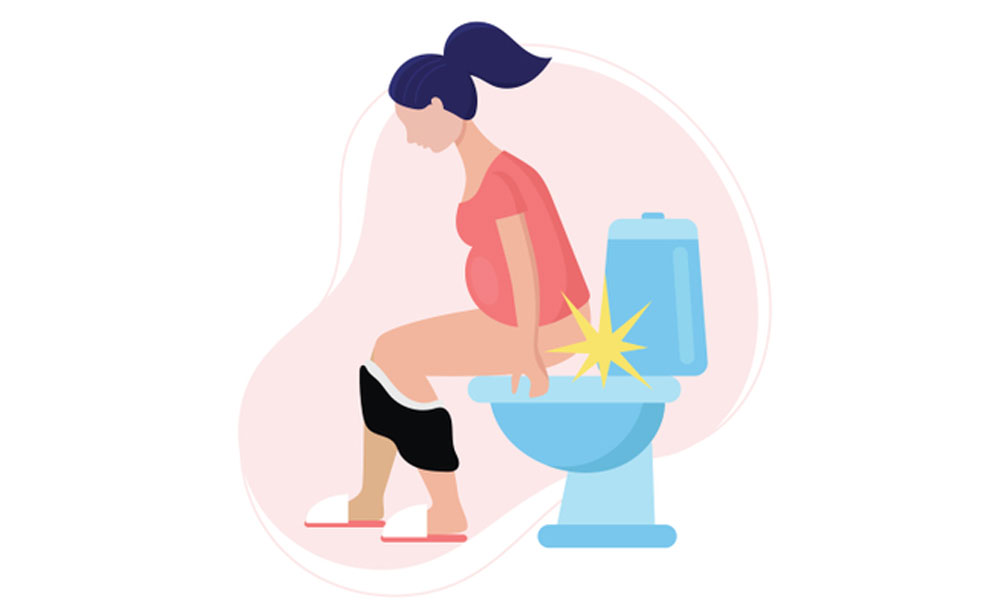
Haemorrhoids or piles are swollen veins that form in or around the lower rectum and anus. Haemorrhoids during pregnancy can occur due to Constipation. They can be as small as the size of a pea or large as a grape. Itching and pain are the common symptoms. Bleeding can occur in severe condition, which can make the passing of stool difficult.
Haemorrhoids can be managed by:
- Eating fibre-rich food, along with whole grains and fruits and vegetables to prevent Constipation.
- Drinking plenty of water.
- Icing to prevent swelling and itching.
- Dipping the buttocks in a hot bathtub for 10 to 15 minutes every day. This can be done quickly using a Sitz bath, which is available at a medical store.
- Not straining while passing stool.
- Avoiding prolonged sitting, especially on the toilet seat, increase stress on the rectum.
- Regularly changing the position to increase the circulation.
- Pushing them inside if they start hanging.
- Cleaning the anus properly after passing stool.
- Patting over the painful area rather than rubbing.
- Applying a stool softener crème over the area, as prescribed by the physician.
The woman should immediately consult a physician in case of bleeding from the area.
Frequent Urination
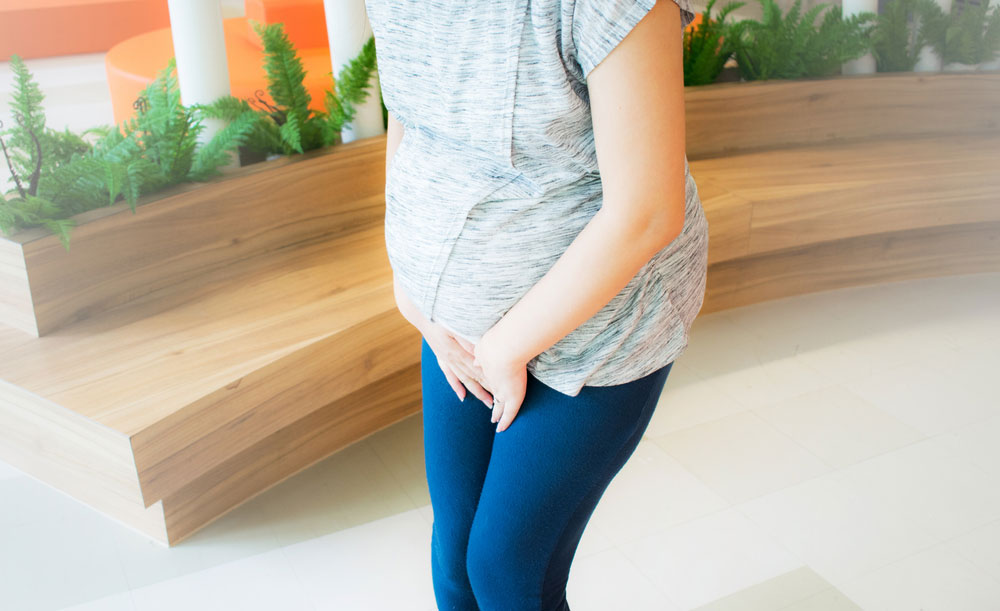
An urge to pee often is common during early pregnancy. Some women may experience this symptom until the baby is born. The problem may arise due to:
- The pressure of the growing baby’s head on the bladder.
- Increase in the volume of blood flow.
- Hormonal changes during pregnancy.
Frequent urination is the first sign of Pregnancy and starts around six weeks.
The urge to urinate during the night can be prevented by cutting down late evening drinks. Rocking back and forth while peeing releases pressure on the bladder, which may further reduce urination.
Frequent urination can be managed by:
- Completely emptying the bladder.
- Skipping a few drinks, such as alcohol, tea, coffee, or soft drinks, contain diuretics, increasing the urine output.
A physician should be consulted if there is any pain or burning sensation while passing urine or blood in the urine.
Incontinence or Urine Leakage
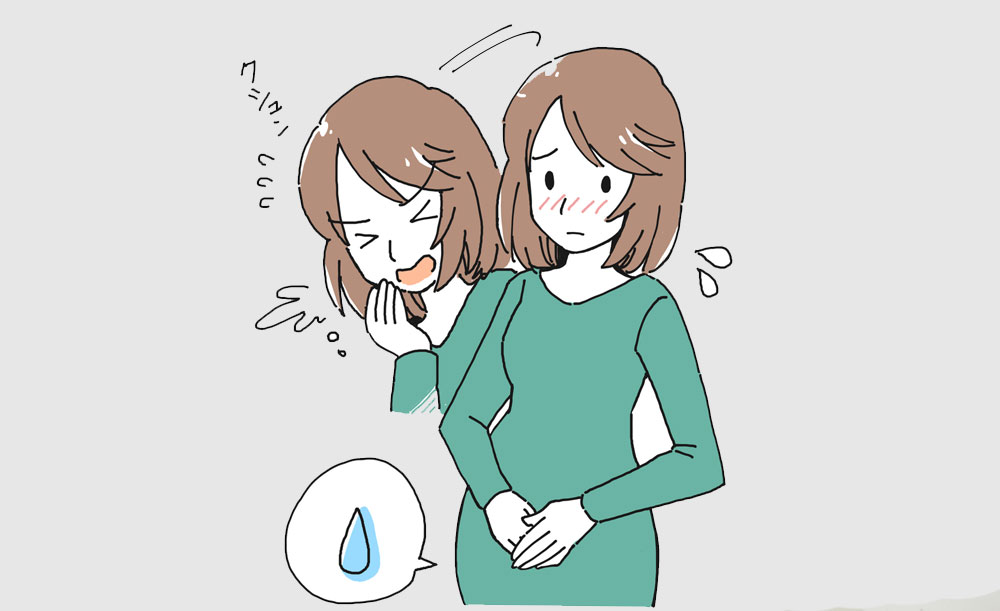
Another common pregnancy problem is incontinence. It occurs because the muscles of the pelvic floor relax, preparing the surrounding structures for delivery. The pregnancy hormones further increase this relaxation by making the tissues and ligaments more elastic. Once the tightness is reduced, even mild coughing, sneezing or changing the position can cause small urine leakage. Incontinence can be managed by:
- Regularly emptying the bladder.
- Practising Kegel’s exercises to strengthen the muscles of the pelvic floor.
- Eating healthy food to prevent gaining excessive weight.
